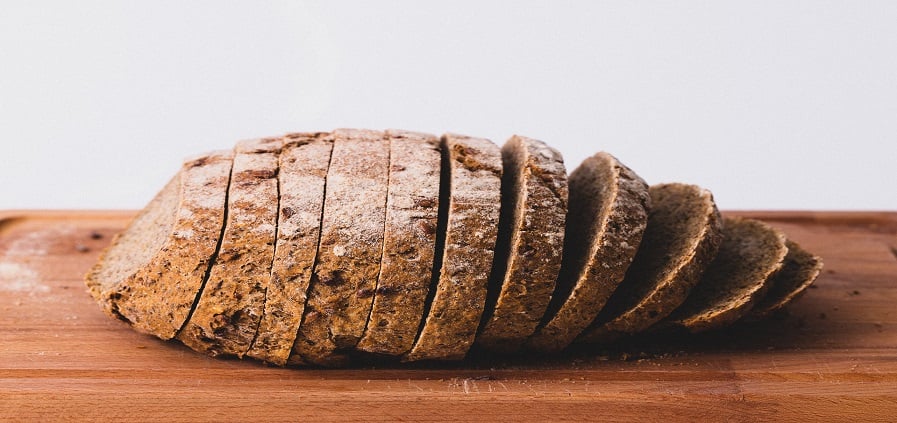FOOD intolerances and irritable bowel syndrome (IBS) cause many people a lot of pain. Fortunately, recent research from KU Leuven, Leuven, Belgium, has discovered the biological mechanism for this, meaning a more efficient treatment can be found.
Around 20% of people globally experience IBS, characterised by pain or discomfort after eating. This has puzzled researchers, as these symptoms cannot be explained by either an allergic reaction or an autoimmune condition such as coeliac disease. Lead author of the study, Prof Guy Boeckxstaens, explained that: “Very often these patients are not taken seriously by physicians, and the lack of an allergic response is used as an argument that this is all in the mind, and that they don’t have a problem with their gut physiology.”
To determine the mechanisms involved in IBS, Prof Boeckxstaens and his team began by infecting mice with a stomach bug whilst simultaneously feeding them ovalbumin, a common food antigen. Once the mice had recovered from the infection, they were given ovalbumin again, which initiated mast cell activation, histamine release, and subsequent digestive intolerance. Of note, this immune response was localised to the site of stomach bug infection.
The team then trialled injecting food antigens associated with IBS, such as gluten, wheat, and soy, into the intestinal lining of 12 patients with IBS. Again, the participants produced localised immune reactions and histamine release. This, along with other research by Prof Boeckxstaens is accumulating evidence for ongoing clinical trials of antihistamine treatment for IBS. He stated that more understanding is needed of this mechanism to produce effective treatments, as “mast cells release many more compounds and mediators than just histamine, so if you can block the activation of these cells, I believe you will have a much more efficient therapy.”








